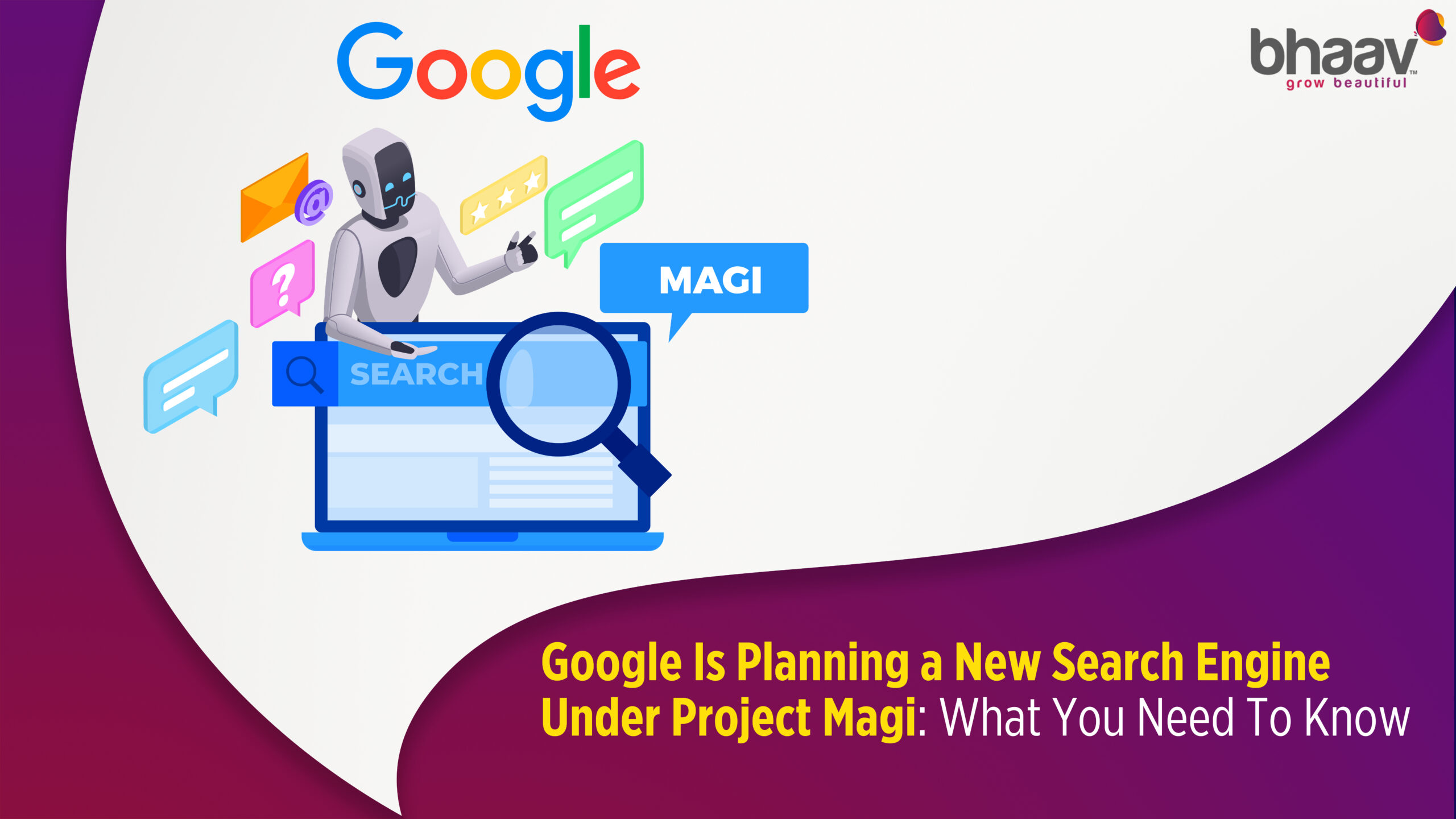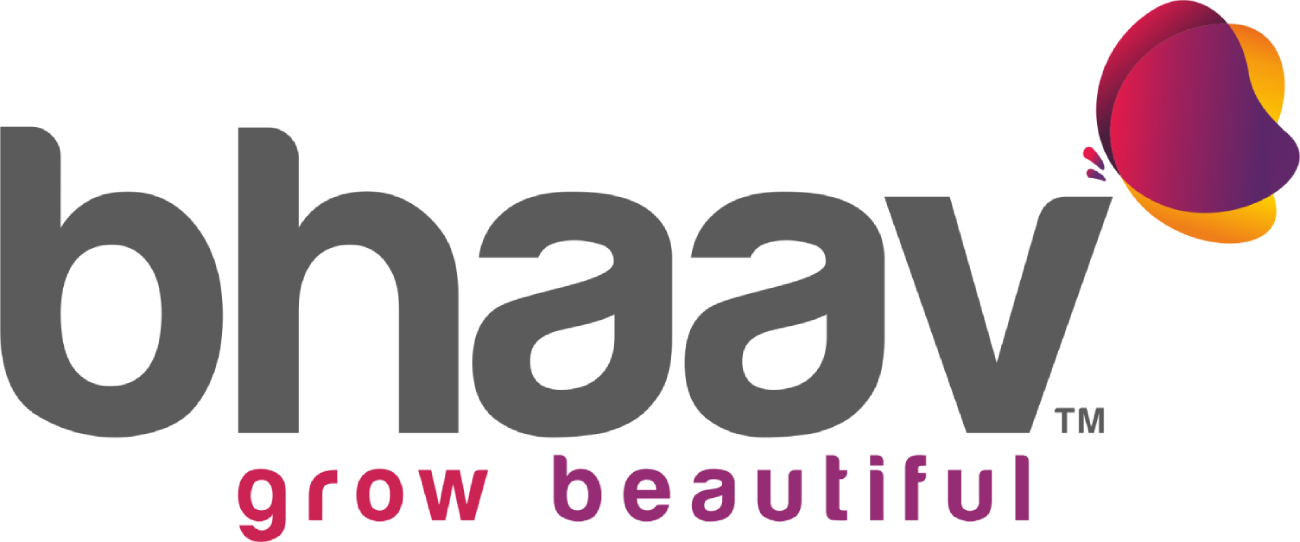
Google Is Planning a New Search Engine Under Project Magi: What You Need To Know
Project Magi is an exciting endeavor by Google, set to revolutionize the world of search engines. This article delves into the details of this upcoming search engine, uncovering its innovative features and providing key insights. Get ready to explore the latest advancements in search technology as we unveil the secrets behind Project Magi and its potential impact on how we find information online. Stay ahead of the curve and gain a deeper understanding of what this groundbreaking development means for the future of search.
What Sets Project Magi Apart from Existing Search Engines
Project Magi, Google’s new search engine, introduces several key features that differentiate it from existing search engines, revolutionizing the way users access information. These features aim to provide enhanced search experiences and more relevant search results.
One notable feature of Project Magi is its advanced natural language processing capability. It enables users to input search queries in a more conversational and intuitive manner, allowing the search engine to better understand the context and intent behind the query.
Another distinguishing aspect of Project Magi is its utilization of advanced machine learning techniques. The search engine employs sophisticated algorithms that analyze user behavior, preferences, and patterns to personalize search results ensuring, users receive highly relevant information.
Additionally, Project Magi incorporates improved search indexing and ranking algorithms. It utilizes comprehensive indexing techniques to efficiently categorize and organize vast amounts of web content, enabling faster and more comprehensive search results.
How Project Magi Could Shape the Future of Online Search
This Google’s new AI Powered search engine, Project Magi, has the potential to significantly impact the future of online search and redefine the way users access and interact with information. This groundbreaking technology brings forth various implications that could shape the future of search in several ways.
This development enables users to engage with the search engine using more natural language queries, resembling a conversation rather than a set of keywords. The implications of this shift include more precise search results, increased user satisfaction, and a more intuitive search experience.
By analyzing user behavior and preferences, the search engine aims to deliver highly tailored search results. However, this personalized approach raises questions about data privacy and the extent to which user information is utilized.
Exploring Project Magi Innovative Algorithms and Approaches
Project Magi, Google’s new search engine, leverages cutting-edge technology and innovative approaches to revolutionize the way online search operates. Delving into the underlying technology of Project Magi unveils a host of intriguing algorithms and approaches that set it apart from traditional search engines.
One key aspect of Project Magi is its advanced machine learning algorithms which enables continuously learning, improvement in performance over time, and adapting to changing user needs and preferences. By utilizing vast amounts of data and applying sophisticated models, the search engine can intelligently interpret user queries and deliver highly relevant search results.
Additionally, Project Magi employs natural language processing (NLP) techniques to enhance the search experience. It enables to comprehend complex language structures, decipher user intent, and generate meaningful responses, leading to a more intuitive and effective search process.
The search engine adopts a holistic approach, combining traditional indexing methods with novel techniques to ensure the most comprehensive and accurate search results.
Enhanced Natural Language Processing for Making Search Queries More Intuitive
One of the key advancements in Google’s new search engine, Project Magi, is the implementation of enhanced natural language processing (NLP) techniques. With NLP, Project Magi can better understand the context, intent, and nuances of user queries. This enables the search engine to provide more accurate and relevant results, even when the user’s query is phrased in a conversational or non-traditional manner.
By leveraging sophisticated language models and deep learning algorithms, Project Magi can interpret complex queries and generate meaningful responses. It can identify synonyms, understand ambiguous terms, and recognize entities or concepts mentioned in the query.
Moreover, enhanced NLP helps Project Magi adapt to the evolving nature of language and user behavior. It learns from user interactions, continuously refining its understanding of language patterns and user preferences.
Impact on Search Engine Optimization (SEO) Strategies
The groundbreaking development, Project Magi, will inevitably bring about significant changes in how websites are optimized for visibility and ranking in search engine results. Project Magi’s innovative algorithms and approaches, such as enhanced natural language processing and advanced machine learning techniques, will demand a shift in SEO strategies.
Marketers and website owners will need to adapt their optimization tactics to align with the evolving search engine landscape.
For this, SEO practitioners will need to focus on optimizing for conversational queries and refining content to meet the personalized preferences of users with emphasis on creating high-quality, relevant content that aligns with the search engine’s advanced indexing and ranking algorithms.
Potential Challenges and Future Enhancements
Project Magi, Google’s new search engine though aim to improve the overall search experience for user and help them find the most valuable content quickly and efficiently but meanwhile there could be some potential challenge as well.
One of the challenge lies in the transition period, as users and website owners will need to adjust to the new search engine’s algorithms and ranking factors which may lead to temporary fluctuations in search rankings and visibility until SEO strategies align with Project Magi’s requirements.
The second is more of requirement than a challenge as the integration of advanced technologies like NLP and ML introduces the need for continuous refinement and fine-tuning which Google need to address over time, aiming to enhance the overall search experience.
Looking to the future, enhancements to Project Magi may involve refining personalized search experiences, further integrating artificial intelligence, and expanding its compatibility with emerging technologies.
Conclusion
By incorporating state-of-the-art machine learning techniques, natural language processing, and emotional intelligence, Project Magi strives to develop an AI assistant that can comprehend human queries, provide personalized experiences, and even recognize and respond to emotions. The project’s potential applications span across healthcare, education, transportation, and entertainment, offering transformative possibilities in diagnostics, learning, autonomous vehicles, and immersive experiences. With Google Project Magi, a more intelligent and interconnected future will be created where AI systems have the potential to enhance our lives in profound ways.
Bhaav, a dedicated integrated healthcare marketing agency; can assist SEO practitioners in meeting the challenges posed by Project Bard. By leveraging their expertise in technology-enabled healthcare learning and delivery solutions, Bhaav can help SEO practitioners optimize content for conversational queries through the use of advanced analytics engines. Their smart delivery system and digital micro content capabilities can aid in refining content to align with personalized user preferences. Additionally, Bhaav has expertise in developing user-friendly apps and digitized solutions can support SEO practitioners in creating high-quality, relevant content that meets the search engine’s advanced indexing and ranking algorithms.
Frequently asked Questions (FAQ’s)
Q1. Can SEO practitioners optimize for local search and target specific geographic regions with Project Bard?
Yes, SEO practitioners can still optimize for local search and target specific geographic regions with Project Bard. The search engine’s advanced algorithms consider various factors like location, proximity, and relevance to deliver more personalized and localized search results. By implementing local SEO strategies such as optimizing business listings, targeting location-specific keywords, and obtaining local backlinks, SEO practitioners can increase visibility and attract targeted traffic from specific geographic regions.
Q2. What changes do SEO practitioners need to make to optimize their websites for Project Bard?
To optimize websites for Project Bard, SEO practitioners should focus on creating high-quality, relevant content that aligns with the search engine’s advanced indexing and ranking algorithms. They need to prioritize user intent and optimize for conversational queries. Additionally, technical SEO aspects like website speed, mobile-friendliness, and structured data become crucial. It’s important to stay updated with the latest SEO trends and algorithm changes, adapt strategies accordingly, and monitor performance regularly to ensure optimal visibility and rankings in search results.
Q3. Will Project Bard prioritize mobile-friendly websites and responsive design?
Yes, Project Bard will prioritize mobile-friendly websites and responsive design. With the increasing use of mobile devices for internet access, the search engine understands the importance of delivering a seamless user experience across different devices. Websites that are mobile-friendly and utilize responsive design techniques to adapt to various screen sizes will receive preferential treatment in search rankings.
Q4. How will Project Bard affect the way websites are indexed and ranked in comparison to traditional search engines?
Project Bard will introduce significant changes to the way websites are indexed and ranked compared to traditional search engines. It will prioritize factors such as user engagement, personalized preferences, and context relevance to deliver more accurate and tailored search results. Websites will be evaluated based on their ability to meet user intent, provide valuable content, and offer a seamless user experience. SEO practitioners will need to adapt their strategies to focus on relevant content that aligns with the advanced indexing and ranking algorithms of Project Bard.
